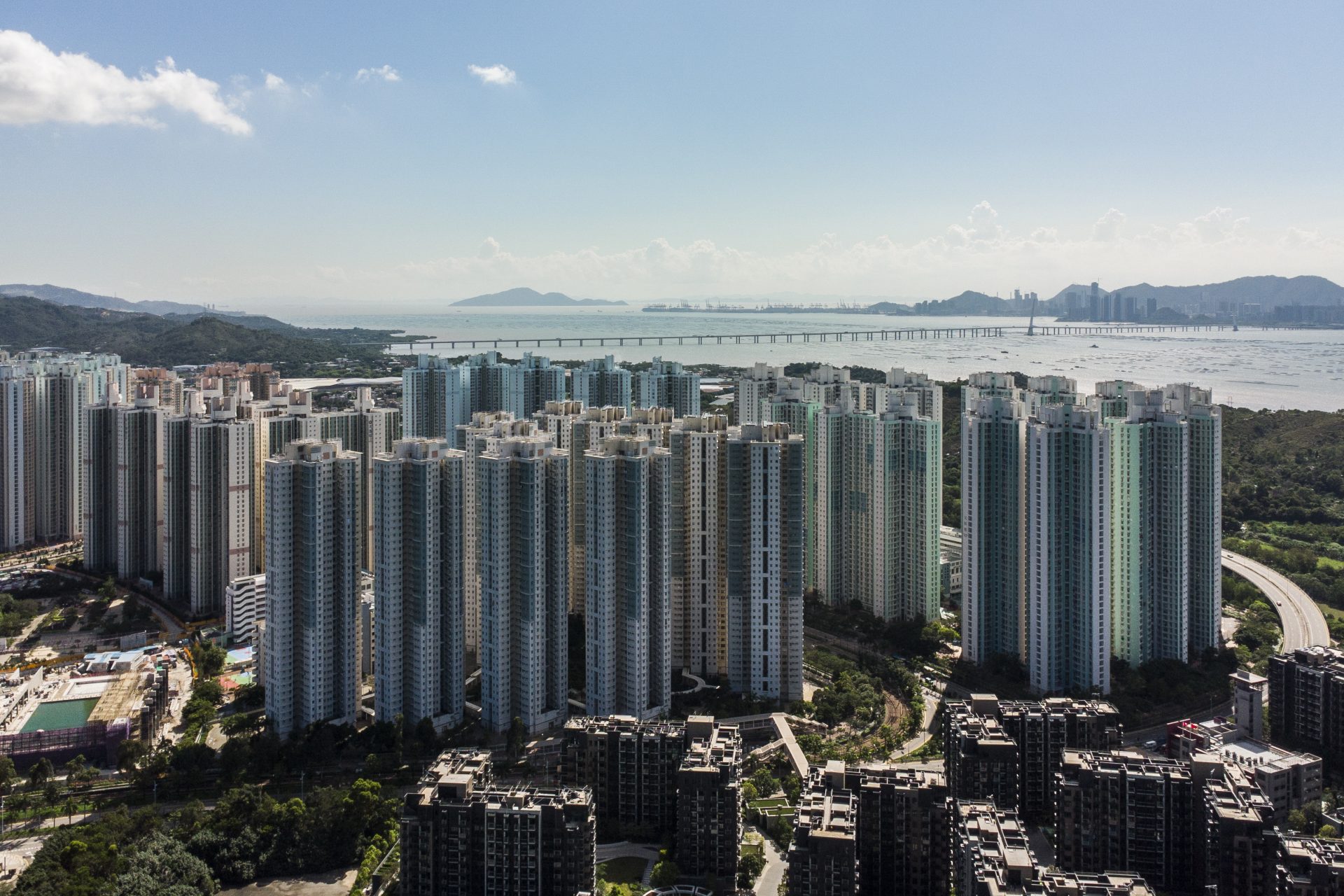“Destructive forces using ‘soft resistance’ means are still lurking in our city. We must stay vigilant and be proactive in safeguarding national security, and should fully and faithfully implement the principle of One Country, Two Systems.”
This is a quote from John Lee, the Chief Executive of Hong Kong, from the ceremony marking the 26th anniversary of the Handover of Hong Kong to China on July 1, 2023.
Two weeks later, on July 17, the Secretary for Security, Chris Tang, told China state-backed Wen Wei Po that the government would consider clamping down on “soft resistance” when drafting the local version of National Security Law (NSL) under Article 23 of the Basic Law, meaning anything that subvert’s the government’s party line even in subtle, “soft” ways.
The hawkish stance of writing “soft resistance” into law made the pro-establishment sector anxious about the future of Hong Kong as the city’s business sector is slowly recovering from the three years of political crisis and the COVID-19 pandemic lockdown.
However, very few expressed their apprehension openly for fear of undermining Beijing’s trust in their loyalty until an influential Beijing political blogger, Jinghaihou (靖海侯), brought the issue up on his blog on July 9.
In the blog, Jinghaihou claimed it is necessary for Beijing to impose the National Security Law to clamp down on the chaos in Hong Kong, referring to the pro-democracy protests of 2019 and the remaining dissent in Hong Kong.
He warned against the “excessive application”(泛化利用) of national security measures in Hong Kong and criticized a minority of implementers, including government officials and legislative councilors, who used national security as “a weapon to sell their policies” (推销个人政策的杀手锏) and as “a shell to defend their failure” (办不成事情的挡箭牌). He continued:
“[These minority of people] brainlessly direct the political pressure to the society and mechanically implement the government decision in a low-level-red and high-level-black manner (meaning destruction in the name of patriotism). Hence, even Lu Xun’s books were removed from the library shelves, and non-political movies could not be shown.”
He added:
“Hence, one of the reasons for the worries about ‘maintaining Hong Kong’s uniqueness’ comes from those who casually use national security to intimidate and label people. These attitudes are irresponsible and undermine the Central government’s vision of the city’s governance. While their acts are not ‘soft resistance’ by definition, the impact would be the same.”
Jinghaihou’s comments were widely discussed in the pro-establishment sector. Regina Ip, convenor of the executive council, also cited the purge of library books as an act of “overkill”. Lawmaker Paul Tse also worried about excessive “leftist” practices in the form of literary inquisitions and stressed that Hong Kong’s success relies on its openness.
Derek Yuen, a political news columnist, elaborated on Jinghaihou’s criticism and said that “the rule of NSL in Hong Kong” was unsustainable as local elites were leaving en mass, the city’s reputation was ruined, and foreigners refused to establish businesses in Hong Kong.
However, the China state-backed newspaper Takungpao stepped in to rebuke the criticism with a heavy-weight commentary that cited the political direction handed down by Xia Baolong, the director of the Hong Kong and Macau Affair Office, back in April.
Xia stressed that there were still hidden undercurrents in Hong Kong and that the local authorities should be aware of the return of black riots, chaos generating “soft resistances”, and overseas subversive ideas spilling over into Hong Kong.
Takungpao’s commentary, written under the pen name Cheuk Wai (卓韋), defined soft resistance as:
“Soft resistance is no freedom of speech and expression. After the “black riots” (the 2019 pro-democracy protests) were crushed, anti-China and HK forces found it hard to mobile large-scale riots, they turned to a soft form of resistance in the ideological sector, including opinion and culture. Their goal is to stop Hong Kong from advancing to prosperity. Tolerance can’t solve the problem.”
The writer accused those who advocate the restrained implementation of NSL to protect Hong Kong’s uniqueness of spreading a “dangerous” thought as he believed that stability comes before prosperity.
In response to Takungpao’s commentary, Jinghaihou warned against misinterpreting his view as he supported the re-establishment of order under the NSL. But the pro-establishment carried on the discussion.
Pro-Beijing opinion leader Cheung Chi-Kong compared “soft resistance” to Ameba in his column on Ming Pao on July 27 and argued that it could not be clamped down by means of law:
“If someone suggests using the law to clamp down on soft resistance, more laws need to be introduced, and legal restrictions would become wider and wider… This trap is set up by the oppositional or those with malicious intentions and we are falling into it.”
John Lee told the press last month that the local version of national security law would definitely be enacted this year or next year at the latest.
Under Article 23 of the Basic Law, the HK-NSL would prohibit seven offenses: treason, secession, sedition, subversion against the central government, theft of state secrets, foreign bodies conducting political activities in the city, and local bodies establishing ties with foreign bodies.
Yet, in recent months, Hong Kong Security Chief Chris Tang added that the new set of laws would also address “modern-day espionage”, “internet loopholes”, and “soft resistance”.
Tang echoed Takungpao’s commentary that cracking down on “soft resistance” would not undermine Hong Kong’s uniqueness and stressed that “soft resistance must be crushed in full force. This cannot be compromised.”
For stories from Oiwan Lam, visit Global Voices







